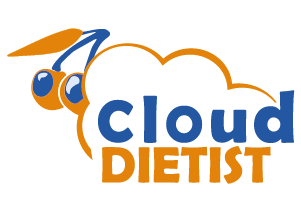Blood pressure is the pressure created by the heart as it pumps blood through the blood vessels. High blood pressure is defined as a systolic pressure of 140 mmHg or higher and/or a diastolic pressure of 90 mmHg or higher. High blood pressure can only be diagnosed after several measurements, as a blood pressure reading is a snapshot.
High blood pressure can cause symptoms such as headache, dizziness, and shortness of breath. Over the long term, high blood pressure can increase the risk of cardiovascular diseases. This is because high blood pressure damages the walls of the arteries. This damage accelerates arteriosclerosis and thereby increases the risk of cardiovascular diseases.
DIETARY ADVICE FOR HIGH BLOOD PRESSURE
A healthy lifestyle can lower blood pressure. This includes a general healthy diet that is advisable for everyone. The focus is on limiting sodium intake and increasing potassium intake. Sodium intake raises blood pressure, while potassium intake lowers it. Sodium is primarily found in salt, and potassium is mainly found in vegetables.
Are you interested in a diet for high blood pressure? We would be happy to guide you with tailored nutritional advice.





